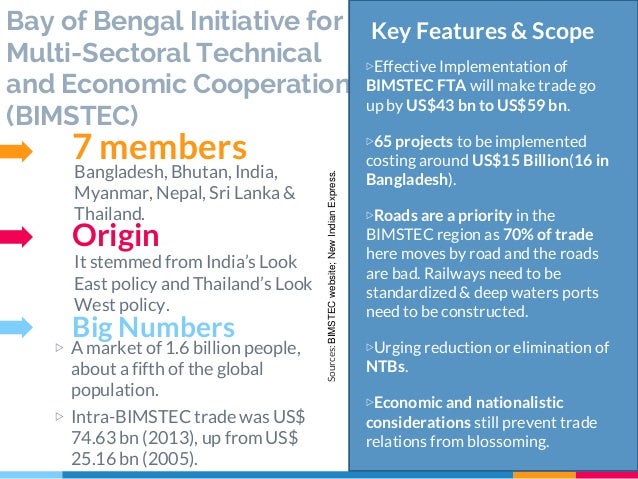SC stays cattle sale rules across nation
- The Supreme Court stayed the Centre's May 26 notification, banning cattle sale in livestock markets for slaughter and religious sacrifices.
- The S.C.Bench said government had received a “large number of representations” that “certain aspects” of the Prevention of Cruelty to Animals (Regulation of Livestock Markets) Rules, 2017 and the Prevention of Cruelty to Animals (Maintenance of Case Property Animals) Act, 2017 were “troubling” and threw up some “sensitive” questions about the Central rules.
‘Mysore-Madras pacts unequal'
- The 1892 and 1924 pacts between the erstwhile Mysore and Madras governments reflect an "inequality of bargaining power" and a lack of "conscience" which have no validity after the birth of the Indian Constitution, Karnataka argued in the Supreme Court.
- The submission was made before a three-judge Bench during the day-long hearing on the appeals filed by Karnataka, Tamil Nadu and Kerala against the final award on the Cauvery Water Dispute Tribunal's decision on water-sharing.
- Karnataka counsel and senior advocate Fali Nariman submitted that the 1892 agreement, the "parent" of the 1924 pact, dictated that Mysore could not develop any irrigational infrastructure on the river without the consent of the Madras government.
- Supreme Court had earlier refused the Centre's stand that the apex court lacked jurisdiction to hear the Cauvery river dispute.
- The Centre had argued that the parliamentary law of Inter-State Water Disputes Act of 1956, coupled with Article 262 (2) of the Constitution, excluded the Supreme Court from hearing or deciding any appeals against the Cauvery Tribunal's decision.
- The Bench, however, had held that the remedy under Article 136 was a constitutional right
- The marathon hearings were fixed after the Supreme Court had earlier refused the Centre's stand that the apex court lacked jurisdiction to hear the Cauvery river dispute
- The Centre had argued that the parliamentary law of Inter-State Water Disputes Act of 1956, coupled with Article 262 (2) of the Constitution, excluded the Supreme Court from hearing or deciding any appeals against the Cauvery Tribunal's decision.
- The bench had held that the remedy under Article 136 was a constitutional right.
- The present year saw party states like Tamilnadu & Karnataka(Cauvery basin),Goa-Maharastra-Karnataka(Mahadayi),Odisha & Chattisgarh (Mahanadi) sparring over sharing River water.
If a state government makes request regarding any water dispute and the central government is of the opinion that the water ispute can' be settled by negotiations ,then a Water Dispute Tribunal is constituted for the adjudication of the water dispute.
ARTICLE 262
- Parliament may by law provide for the adjudication of any dispute or complaint with respect to the use, distribution or control of the waters of, or in, any inter-state river or river valley.
- Notwithstanding anything in this constitution, parliament may by law provide that neither the Supreme Court nor any other court shall exercise jurisdiction in respect of any such dispute or complaint as is referred to in clause (1).
Water is a state subject as per entry 17 of the state list and thus states are empowered to enact legislation on water.
Entry 17 of the state list deals with water i.e. water supply,irrigation ,canal,drainage,embankments,water storage and water power
Entry 56 of the Union List gives power to the Union Government for the regulation and development of interstate rivers and river valleys to the extent declared by the parliament to be expedient in Public interest .
Minimum qualications
for coop. societies’ polls
Rajasthan has become the
country's first State to lay
down the minimum educational
qualifications for contesting
elections to village
cooperative societies and
various other cooperative
bodies.
Rules amended
The State Cooperative Societies
Rules, 2003, were
amended for the purpose
and notification was issued
on Monday
India to celebrate Falun Gong
- Falun Gong, the ancient Chinese holistic system that is banned in China, will be celebrated in India on July 15 with a parade and Human Word Formation in the capital.
- Organisers said the event would highlight the persecution against the practitioners in China.
- It aims to spread the message of Truth, Compassion and Tolerance which are the basic principles of Falun Dafa.
- The organisation also claimed that despite years of "brutal torture" in China, Falun Dafa practitioners are not surrendering to Beijing's strict rules.
- It claimed that the government in Beijing has been trying to "eradicate" the group as it is "extremely popular".
5 States, a UT sign pact with Centre on e-Marketplace
- In a spirit of cooperative federalism, 5 States and a Union Territory (UT) formally adopted the Centre's initiative called the Government e-Marketplace (GeM) that aims to ensure that public procurement of goods and services in India worth more than Rs. 5 lakh crore annually is carried out through the online platform for transparency and to eliminate corruption.
- The States and the UT that signed an MoU with the Centre include Andhra Pradesh, Assam, Gujarat, Telangana, Puducherry and Arunachal Pradesh.
- Four more, including Uttar Pradesh, Jharkhand, Tamil Nadu and Haryana, will ink such an MoU soon.
- Mr. Modi had talked about how the GeM can enhance transparency, efficiency and speed in public procurement.




